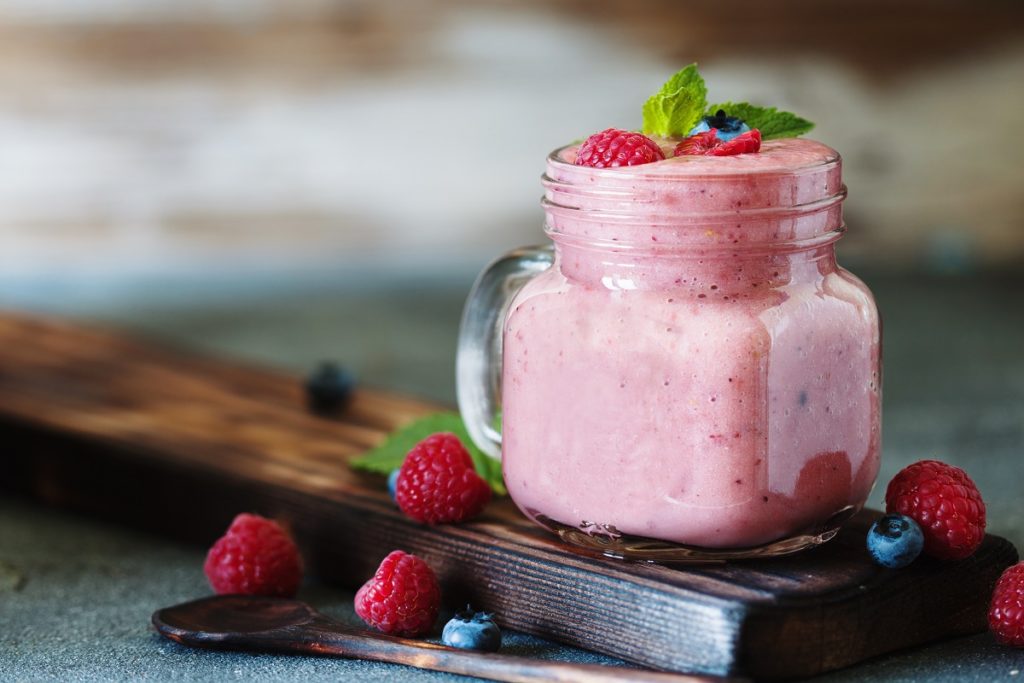
Inside your gut lives an entire world, called your microbiome. Here, trillions of helpful bacteria take care of tasks that your body can’t do on its own. They help break down food for energy, control inflammation, power your immune system, create 95% of your mood-regulating serotonin, and more. Every system in your body depends on a healthy gut, so your body does its best to support these helpful bacteria and to keep harmful bacteria in check — but poor nutrition can upset the balance. Eating better can make a world of difference.
For signs of trouble, listen to your gut
Your gut often tells you when it’s not healthy. Signs might include chronic constipation, diarrhea, or going back and forth between the two; excess gas and bloating; stomach pain; or constant burping. Other symptoms like fatigue, brain fog, depression and anxiety also may be related, but could have other contributing causes.
To make your gut happier, adjust what you feed it. Two specific types of food — probiotics and prebiotics — can directly benefit your microbiome.
Probiotics restock your good bacteria
Probiotic foods contain living cultures of beneficial bacteria. Eating these fermented foods can help you boost your own supplies of the good guys:
- Yogurt, kefir and cottage cheese with active live cultures
- Acidophilus milk and buttermilk
- Aged cheeses (cheddar, Gouda, Swiss, Gruyere, provolone)
- Sauerkraut (homemade or unpasteurized) and kimchi
- Tempeh and miso
Prebiotics feed the good guys
While your body can’t digest fiber, your gut bacteria love it. Prebiotics, found in high-fiber plant foods like the following, feed your good gut bacteria and help them flourish:
- Asparagus, artichokes, jicama, chicory and other veggies
- Onions, leeks and garlic
- Raspberries, blackberries, Asian pears, apples and other fruits
- Lentils, split peas, white beans, pinto beans and other legumes
- Sprouted wheat, wheat bran, oats, barley and quinoa
- Nuts and seeds
These choices help your gut’s helpers. On the other hand, sugar, processed foods, chronic stress and sleep deprivation help harmful bacteria thrive. Excess alcohol, too, can damage good bacteria, tipping your gut into an unhealthy balance. To restore health and harmony, make sure you’re feeding the right team. Here is a list of high-fiber foods to keep your good guys well fed.


